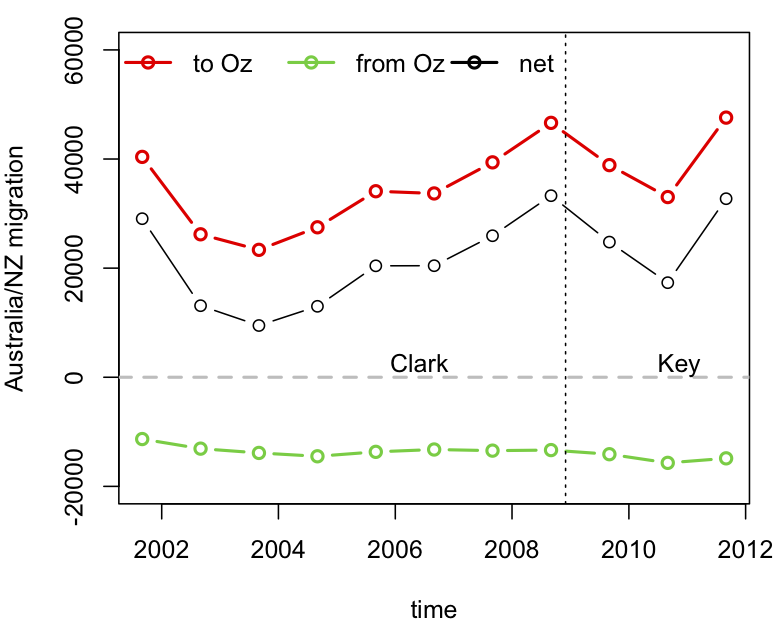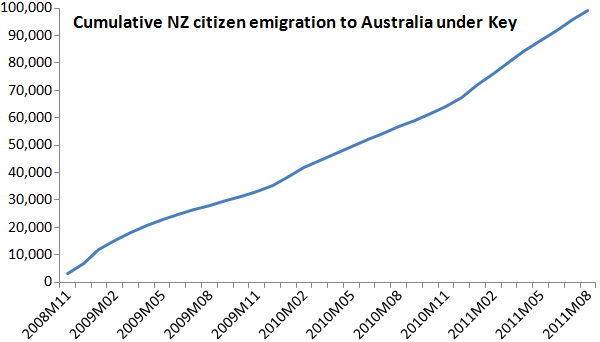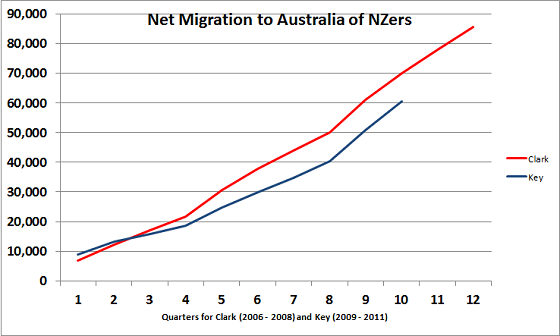Brain scans don’t make it true.
The New York Times has an op-ed piece titled “You love your iPhone. Literally”. The author claims that fMRI imaging of the brains of iPhone owners showed `The subjects’ brains responded to the sound of their phones as they would respond to the presence or proximity of a girlfriend, boyfriend or family member’. This sounds, um, difficult to believe and invites the classic Tui ad response: “Yeah, right”. But it’s based on shiny high-tech neuroimaging, so it must be true.
There’s a good summary at BoingBoing and another at Prefrontal.org of the problems: the simplest one is that this particular area of the brain lights up for all sorts of things. Seeing activation of the insula is only slightly more surprising than seeing the All Blacks win a rugby game.
While you’re at Prefrontal.org, make sure to look at their all-time classic “Neural correlates of interspecies perspective-taking in the post-mortem Atlantic Salmon“, where they demonstrate that some standard fMRI statistical procedures let them find emotional responses to photographs in 3.8lbs of Atlantic salmon from the local supermarket.


